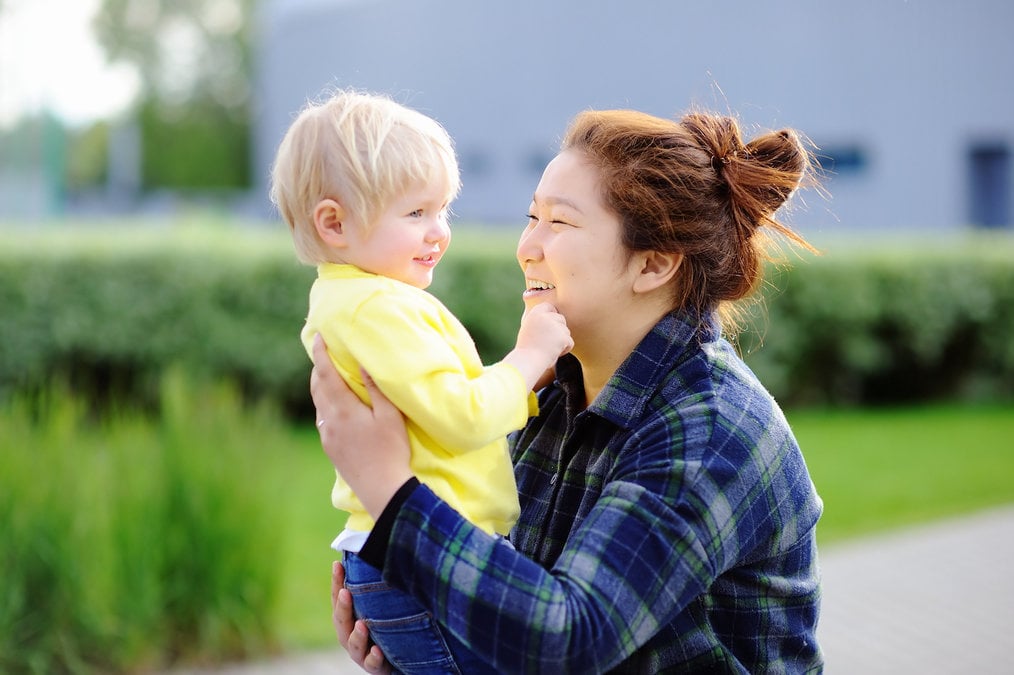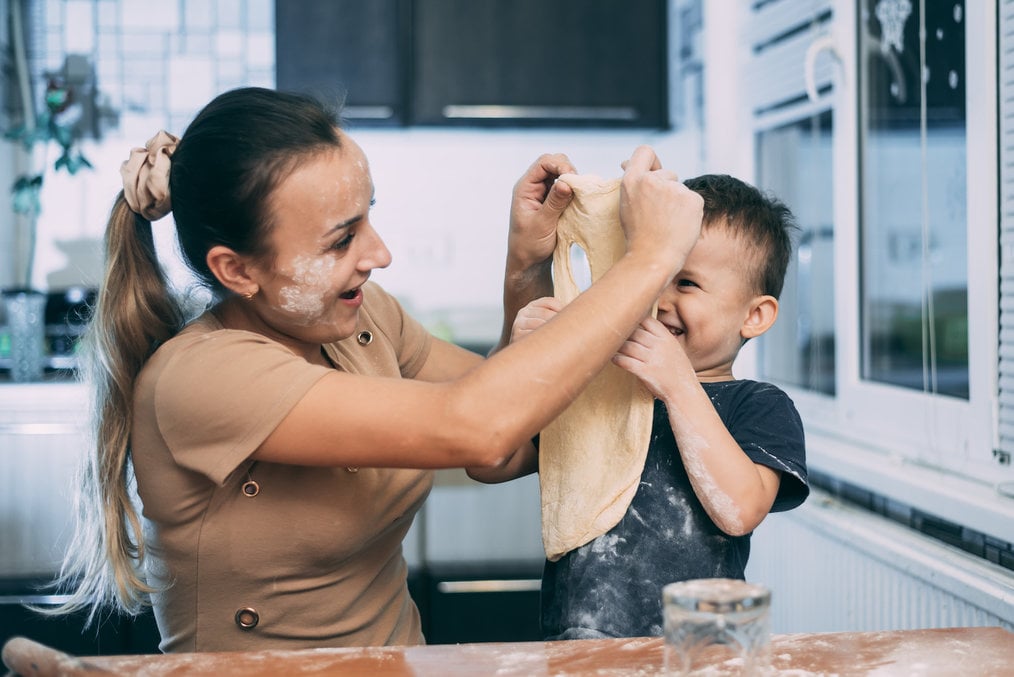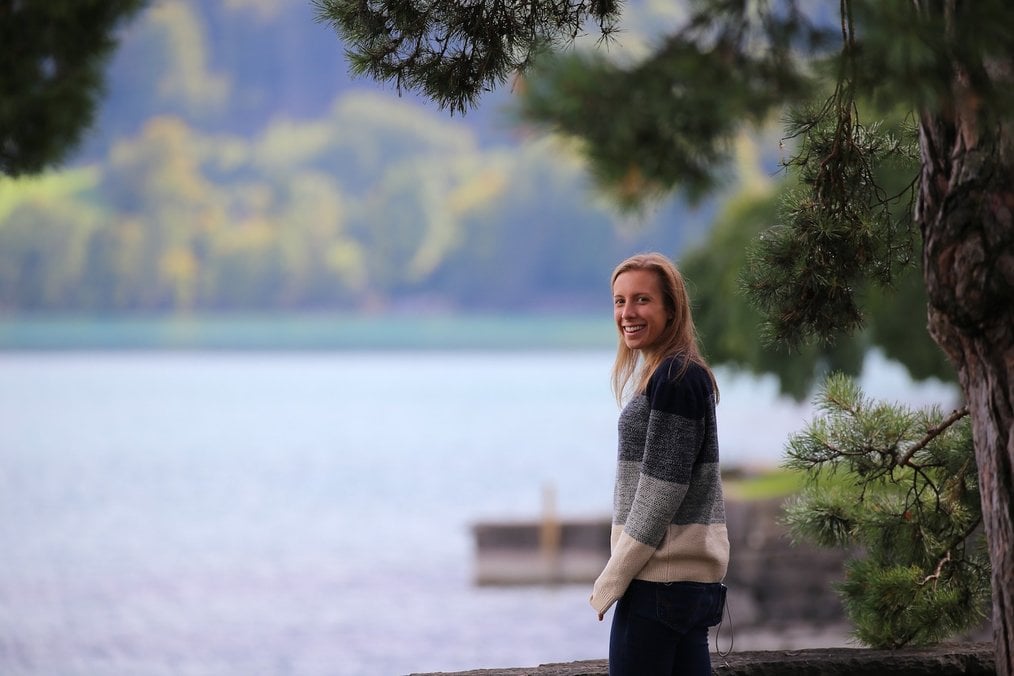What to Know About Becoming an Au Pair in Switzerland
Learn about how to become an au pair in Switzerland, including how to find a job, navigate the visa process, and more.

As you consider becoming an au pair, Switzerland is likely to be among your top contenders for placement. Located in the heart of Europe and with rich culture, there are also lots of families who look to hire au pairs throughout the course of their children’s lives.
Switzerland has rules and regulations to try and protect both au pairs and families, and this makes the application/family matching process more complex than other countries. Nonetheless, the requirements and “hurdles” are in place to help protect you, and it’s best to adhere to these, to make sure you will be taken care of by your family while working for them. The application process may take a while, but it’s worth it if you end up placed with a great family in one of Europe’s most beautiful countries.
Finding an Au Pair Job in Switzerland

As an au pair, Switzerland is a land of opportunity. Despite strict regulations for becoming an au pair -- most of which are in place to protect au pairs and families alike --, there are many families in Switzerland which hire au pairs and the job market is good if you meet the qualifications.
Most of the major au pair websites (such as AuPairWorld and aupair.com) have sections devoted to becoming an au pair in Switzerland. It is easy to browse families looking for au pairs, compare locations, and learn about the benefits and support you’ll receive depending on where you au pair in the country. To be placed, most au pairs will need an agency to help manage the negotiation of benefits and visa costs; there are a large number of such agencies to choose from.
Most au pair jobs in Switzerland are likely to be available in smaller towns and cities instead of big ones like Lucern, Zurich, or Bern. Even being in the countryside won’t put you out of reach for the occasional weekend trip to experience other parts of Switzerland, given the size of the country. That said, there are still au pair jobs in cities too.
Typically, au pairs are selected and placed because of their knowledge of a foreign language (other than French or German). As an au pair, you are expected to take local language classes as part of your tenure, though these must be paid at least half -- and usually are paid in full -- by your host family.
Visas & Salary for Au Pairs in Switzerland

Visas are a complex part of becoming an au pair in Switzerland. If you are an EU resident and wish to au pair, you probably don’t need a visa, but you will need to apply for a resident permit at your own cost.
Non-EU residents must receive a visa, but only the Swiss government each year grants a limited number of au pair visas. Additionally, you must come from the USA, Canada, Australia or New Zealand to qualify for one of these visas, and if you don’t speak German, your host family must speak German. There are other unique linguistic and cultural requirements that may apply on a case by case basis, depending on where you are from and which family you hope to be placed with. This is one of the reasons so many au pairs from non-EU countries employ an agency to help with navigating these legal hurdles.
Salary is required to be at least 600 CHF ($600) per month but can be higher depending on your experience with childcare. It’s worth noting that from this sum, you are expected to pay a portion of your healthcare insurance, taxes, language classes, and other expenses, so the “take home” money is not going to be that high. Regarding relocation costs, these can be negotiated with your host family; your host family pays travel costs associated with your au pair duties in full.
Other Info to Know Before Au Pairing in Switzerland

There are several other requirements and restrictions on au pairing in Switzerland, and almost all exist for the protection of the au pair. If you are matched and placed with a Swiss family, certain benefits must be provided.
Your host family must provide housing, and it must be part of their family home. Typically host families roll meals into the cost of your employment, so you should receive both a room and your daily meals (on working days) as part of your daily experience with the family.
You must receive at least 1.5 days off from work each week, and within every four weeks, two of your days off must be Sundays. You may not work more than 30 hours per week in your au pair duties, and one of the parents in your host family must be present at least 50% of the time you are working.
You must also receive at least four weeks off in each 12-month period. Since you may au pair in Switzerland for no more than 18 months, it’s best to check with your host family early on to determine how long you’ll be working and when you can take your required holiday time.
In addition to childcare, it is extremely common that au pairs help with housework, but this should generally be related to care of the children. For example, you may need to clean the kitchen or do the children’s laundry, but you are not required or expected to care for the parents in any way (such as doing their laundry). This is part of why at least one host parent must be present at times since you will be taking on a more holistic role in helping the family.
Finally, your host family is required to pay for insurance during your tenure with them. This is required by the Swiss government, and you should not have to pay any costs for this benefit.

It is worth noting that there are au pairs in Switzerland (and around the world) who have been taken advantage of in their roles, and as their visas usually depend on their employment, this can create a catch-22 for au pairs wishing to stay in the country. Be sure to interview your host family as much as they interview you; if possible look for reviews or other ways to learn more about the host family and any past experiences au pairs have had working for them. Some agencies may even provide this for potential au pairs.
It might seem complicated to secure an au pair job in Switzerland, but most of the hoops you'll have to jump through actually exist for your protection. If you want to spend your time living with a possibly tri-lingual family, treating the kids to Swiss chocolate (and some for yourself), and exploring the Alps on your time off, becoming an au pair in Switzerland might just be the perfect option for you!
